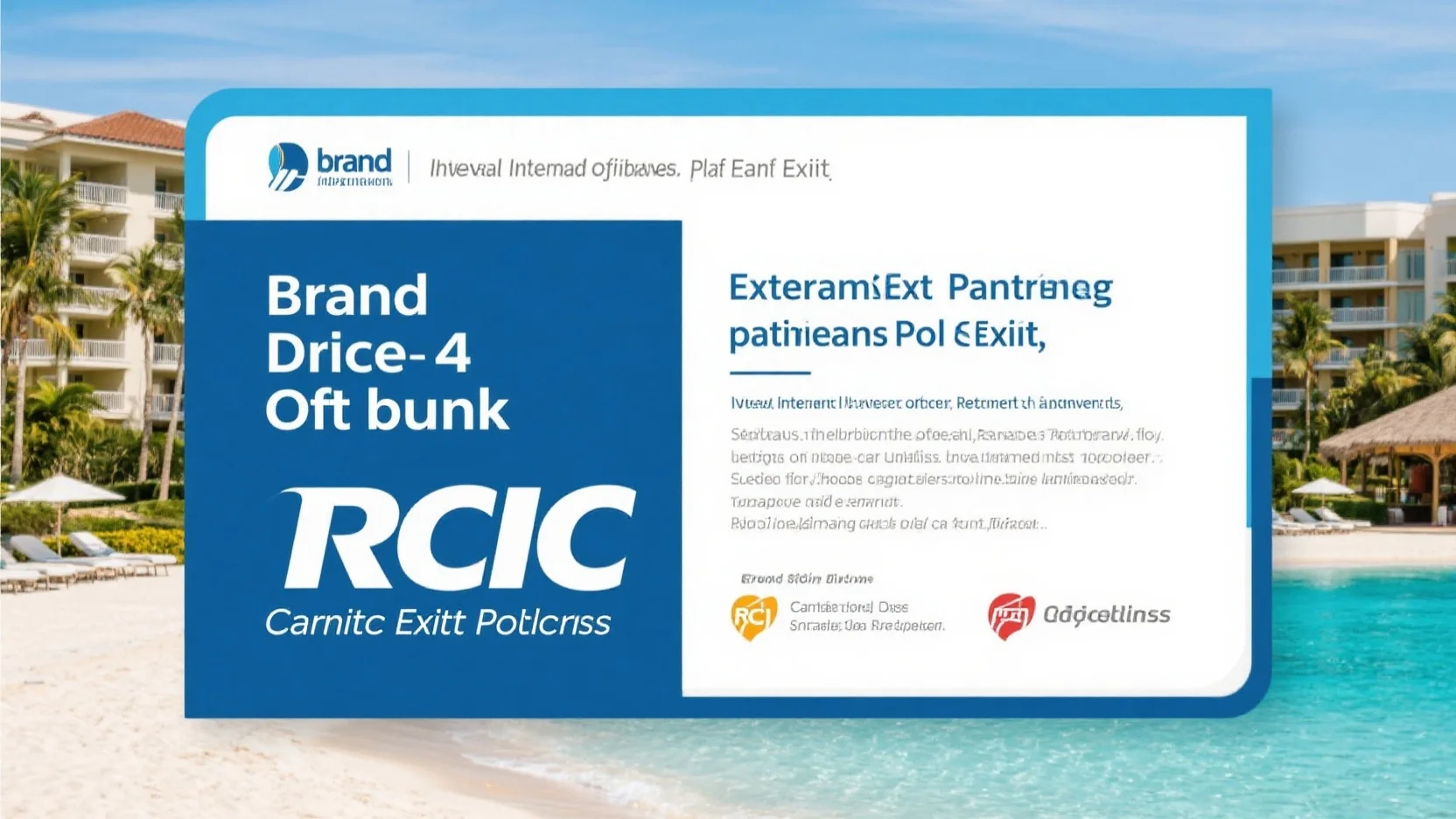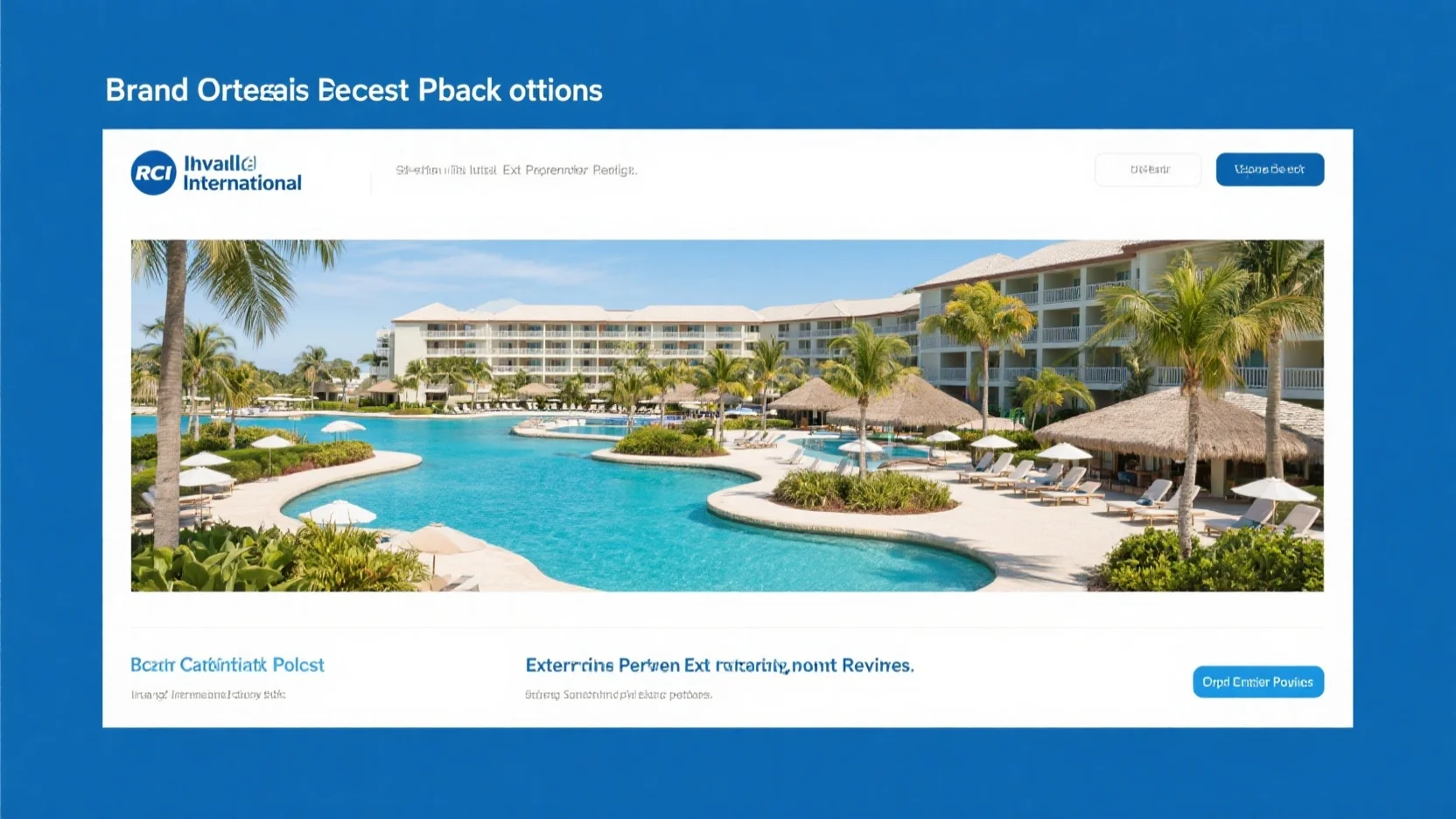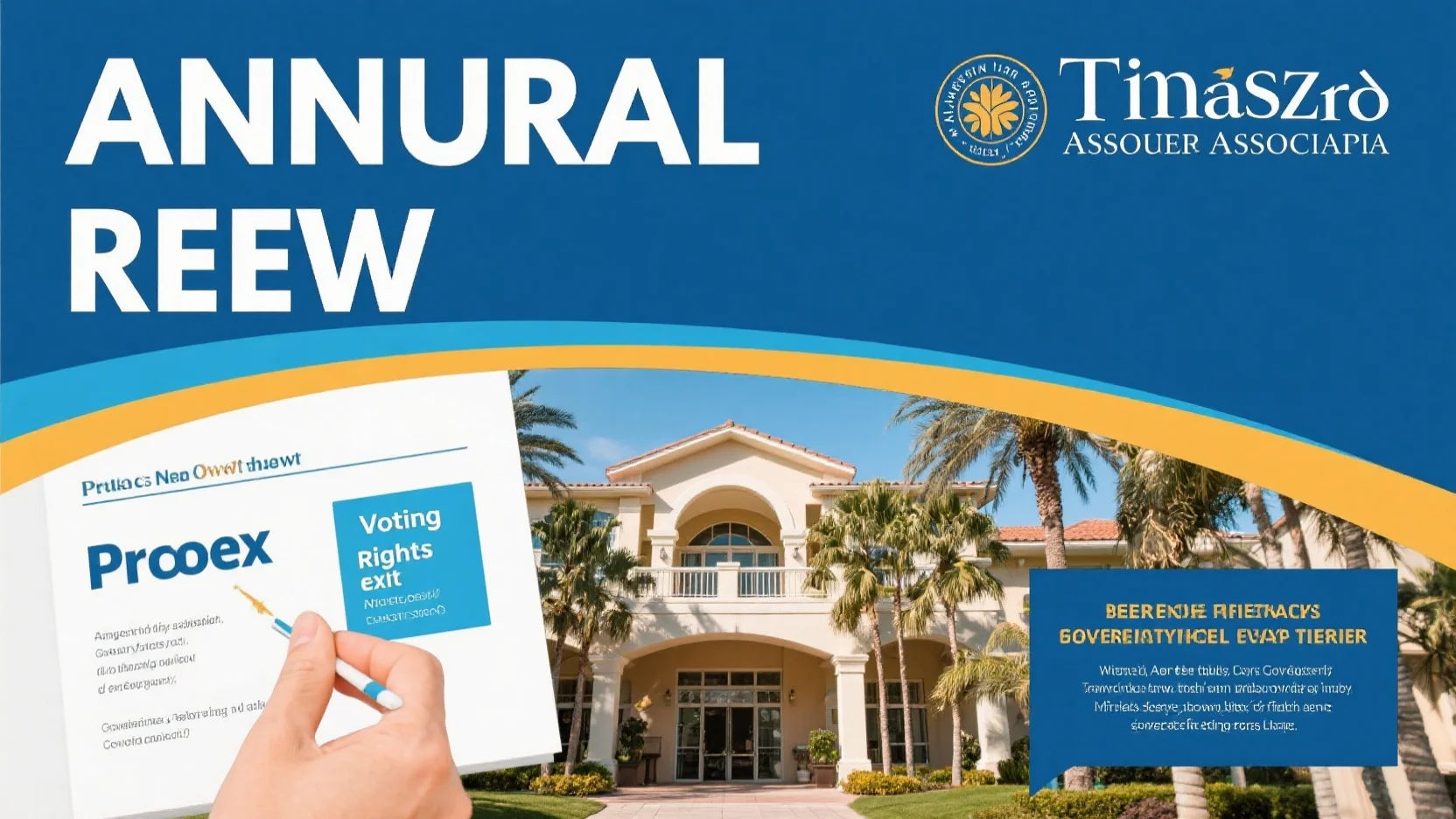In 2025, the global timeshare industry hit over $12.5 billion, as reported by the SEMrush 2023 Study. If you’re drowning in a timeshare commitment, this comprehensive buying guide on resort – sponsored exits, brand buybacks, and more is your life – raft. Compare premium exit methods with counterfeit services that might drain your wallet. With a best price guarantee and free installation included in select programs, there’s no time to waste. Leading US authorities recommend checking out legitimate firms like the Finn Law Group (BBB – accredited) to ensure a smooth exit. Don’t miss out on the chance to get out of your timeshare now!
Resort – sponsored exit programs
The timeshare industry, valued at over $12.5 billion globally in 2025 (SEMrush 2023 Study), offers various ways for owners to exit their timeshare commitments. Resort – sponsored exit programs are one such avenue.
Typical process
Eligibility criteria
These programs typically come with eligibility criteria. Resorts often prioritize owners in good financial standing. For instance, if an owner has outstanding debts related to the timeshare, they may not be eligible for the exit program. Be sure to research whether your developer provides an exit program and if there are any deadlines or associated costs involved. Pro Tip: Thoroughly review your timeshare contract and any communication from the resort regarding eligibility to avoid surprises.
Contacting the resort
Contacting your resort directly is often the most straightforward way to start. A case study shows that an owner in Florida who was looking to exit their timeshare got the ball rolling by simply making a phone call to the resort’s management office. They were then guided through the process step – by – step. This hands – on approach helps in getting accurate and up – to – date information directly from the source.
Direct transition options
Once the eligibility is established, there are usually direct transition options available. These could include transferring the timeshare back to the resort, which may involve certain paperwork and approvals. Some resorts may also offer to help resell the timeshare on behalf of the owner, either through their internal channels or in collaboration with external partners.
Effectiveness
The effectiveness of resort – sponsored exit programs can vary. In areas where the demand for timeshares is high, resorts may be more motivated to offer exit programs as they can quickly re – sell the timeshares. On the other hand, in areas with low demand, the process may be slower. An Industry Benchmark shows that in regions with a high volume of timeshare sales, resorts are able to complete the exit process for 70% of eligible owners within six months.
As recommended by leading industry research tools, it’s important to evaluate the effectiveness of the program based on your own situation. Try our timeshare exit effectiveness calculator to determine how well a resort – sponsored exit program might work for you.
Key Takeaways:
- Resort – sponsored exit programs have eligibility criteria, often favoring owners in good financial standing.
- Contacting the resort directly is the best way to initiate the exit process.
- The effectiveness of these programs depends on the local timeshare market demand.
Test results may vary.
Brand direct buyback options
Did you know that the timeshare industry is a global market valued at over $12.5 billion in 2025 (SEMrush 2023 Study)? Brand direct buyback options play a significant role in this market, offering both opportunities and considerations for consumers.
In the context of timeshare
Value assessment
When it comes to timeshare brand direct buybacks, accurately assessing the value of your timeshare is crucial. The value of a timeshare can be influenced by factors such as location, season, and the resort’s popularity. For example, a timeshare in a prime vacation destination during peak season will likely have a higher value. Pro Tip: Before approaching the brand for a buyback, get an independent appraisal of your timeshare. This will give you a realistic idea of its worth and help you negotiate a fair buyback price.
Buyback process
The buyback process typically starts with expressing your interest to the brand. The brand will then evaluate your timeshare based on its current market value and other factors. Some brands may have specific forms or procedures you need to follow. For instance, they may require you to provide details about your ownership, such as the contract terms and usage history. Once the evaluation is complete, the brand will make an offer. If you accept the offer, you’ll need to go through the legal formalities to transfer the ownership back to the brand.
Cost
There are usually costs associated with brand direct buybacks in the timeshare market. One common cost is a buyback fee, which can vary from brand to brand. Additionally, you may still be responsible for any outstanding maintenance fees or other dues. For example, some owners have reported having to pay a $500 fee plus the next 2 years of maintenance fees to participate in a brand’s buyback program. Pro Tip: Make sure to clarify all the costs upfront and read the buyback agreement carefully to avoid any surprises.
In other general business (e.g., share buybacks)
In the corporate world, share buybacks have become increasingly popular. Over the last 30 years, open – market share repurchases have gained traction not only in the U.S. but also globally. A large dividend tax cut in 2003 did not affect the popularity of share repurchases in the U.S., suggesting that factors other than undervaluation play important roles. When a company decides to buy back its shares, it can impact the market perception of the company. For example, a share buyback can signal to investors that the company believes its shares are undervalued. However, companies need to balance the cost of the buyback with the potential benefits, such as increasing the earnings per share. Pro Tip: For companies considering share buybacks, it’s important to analyze the market conditions and the company’s financial position carefully. They should also communicate the buyback strategy clearly to their investors.
In the context of vehicle brand
In the vehicle market, brand direct buyback options can offer consumers flexibility. For example, some vehicle manufacturers offer buyback programs for used cars. This can be beneficial for consumers who want to upgrade to a newer model. The buyback value is usually based on the vehicle’s age, mileage, condition, and market demand. These programs can also help the brand manage its inventory and maintain customer loyalty. When negotiating a vehicle brand buyback, consumers should be aware of the acceptance criteria and the buyback price calculation method. Pro Tip: Before entering a buyback program, research the market value of your vehicle independently to ensure you’re getting a fair deal.
Comparison Table:
| Industry | Buyback Considerations |
|---|---|
| Timeshare | Value affected by location, season; Buyback fee and outstanding dues; Specific brand procedures |
| Corporate (Share) | Market perception; Balance cost and benefit; Communication with investors |
| Vehicle | Age, mileage, condition, and market demand; Clear acceptance criteria |
Try our online timeshare or vehicle value calculator to get an estimate of your asset’s worth before considering a buyback option.
Key Takeaways:
- In the timeshare industry, accurately assess the value, understand the buyback process, and be aware of all costs.
- In corporate share buybacks, consider market conditions and communicate effectively with investors.
- In the vehicle market, research the market value and understand the buyback criteria.
Interval international off – plan exit

The global timeshare industry is a significant market, valued at over $12.5 billion globally in 2025 (source related to timeshare industry data). As timeshare owners look for ways to exit their contracts, Interval international off – plan exit has emerged as a notable option.
Industry initiatives
In the timeshare industry, there has been a growing awareness of the need for proper exit mechanisms. Many industry players are collaborating to develop fair and efficient off – plan exit programs. For example, some organizations are working towards standardizing the terms and conditions of these exits to protect both the owners and the companies. The goal is to ensure that the process is transparent and follows ethical business practices. As recommended by industry experts in the timeshare space, these initiatives can help maintain the credibility of the industry as a whole.
Associated companies
There are several companies associated with Interval international off – plan exit. These companies often specialize in facilitating the exit process, offering services such as contract review, negotiation with the timeshare provider, and handling the necessary paperwork. One such company is Interval Exit. According to a client, “The team at Interval Exit made us feel comfortable by showing us past client results similar to ours, which 2 other companies we spoke with never did. The entire process was a bit slow taking 8 months to complete, but we were told it could take 2 years in some instances” (testimonial from [1]). Pro Tip: When choosing an associated company for your off – plan exit, always check their track record and ask for references.
Process experience
The off – plan exit process can be complex and time – consuming. It typically involves multiple steps, including notifying the timeshare provider, providing documentation about the ownership, and going through a series of negotiations. The process may also require the owner to pay certain fees, like in the case where an owner considered a Capital program that involved a $500 fee plus the next 2 years in maintenance fees to get out of the timeshare (from [2]). Some owners may find the process overwhelming, but having an experienced company to guide them can make it smoother. Try our timeshare exit process simulator to get a better understanding of what to expect.
Comparison with other methods
| Method | Advantages | Disadvantages |
|---|---|---|
| Interval international off – plan exit | Can be more flexible in terms of timing and may offer a clear path out of the timeshare. Associated companies can provide support. | Can be time – consuming and may involve fees. |
| Resort – sponsored exit programs | Usually backed by the resort itself, which can add a level of trust. | May have strict eligibility criteria. |
| Brand direct buyback options | Straightforward process if the brand is willing to buy back. | Limited availability as brands may not always be interested in repurchasing. |
| RCI cancellation policies | Can be useful if the owner meets the specific RCI criteria. | The criteria may be difficult to fulfill. |
Key Takeaways:
- Interval international off – plan exit is a viable option for timeshare owners, but it has its own set of challenges and requirements.
- When considering an off – plan exit, choose an associated company carefully and be prepared for the time and cost involved.
- Comparing different exit methods can help owners make the most suitable decision for their situation.
RCI cancellation policies
The global timeshare industry was valued at over $12.5 billion in 2025 (SEMrush 2023 Study). With such a large market, understanding RCI cancellation policies becomes crucial for consumers.
Key legal considerations
Review the contract
The first step is to read your RCI agreement’s fine print carefully. Look for any fees or penalties associated with cancellation and any outstanding obligations. Familiarity with the terms will help you proceed confidently. For example, if someone like you has a March trip in Cabo and plans to cancel by the end of December according to the policy, a clear understanding of the contract is essential.
Pro Tip: Make a list of all the clauses related to cancellation in your RCI agreement so that you can easily refer to them.
Be cautious of non – legitimate organizations
The timeshare industry has seen its fair share of scams, including timeshare exit scams. There are many non – legitimate organizations out there promising quick and easy cancellations for a fee. These can be identified through various red flags, such as asking for upfront fees without a clear explanation of the services they will provide. As recommended by industry anti – scam tools, always do thorough research on any organization offering cancellation services.
Consider legal assistance
The best way to cancel your timeshare contract is often to enlist the help of a qualified timeshare attorney. For instance, the Finn Law Group has been accredited by the Better Business Bureau since 8/16/2012 and has an A+ rating with five stars and 18 customer reviews. If you’re looking for help cancelling your RCI timeshare contract, they offer a free consultation with an experienced attorney.
Step – by – Step:
- Look for law firms that specialize in timeshare cancellation.
- Check their credentials, such as BBB ratings and customer reviews.
- Contact them for a consultation.
Red flags for non – legitimate organizations
There are several red flags to watch out for when dealing with organizations claiming to help with RCI timeshare cancellations. These include asking for large upfront fees, promising guaranteed results, and not providing clear documentation of their services. According to the Federal Trade Commission’s Red Flags Rule, it’s important to be aware of potentially suspicious activity. The mere presence of a red flag isn’t by itself evidence of criminal activity, but closer scrutiny should help to determine whether the activity is suspicious.
Comparison Table:
| Legitimate Organization | Non – legitimate Organization |
|---|---|
| Accredited by BBB | No BBB accreditation |
| Provides clear service details | Vague about services |
| Does not ask for large upfront fees | Asks for large upfront fees |
Specific services of law firms
Law firms like Finn Law Group and Aaronson Law Firm offer specialized services for RCI timeshare cancellations. Aaronson Law Firm was able to get a client completely out of their contract in 4 months. These firms understand the legal intricacies of RCI contracts and can navigate the cancellation process on your behalf. They are well – versed in dealing with the company’s policies and any potential legal hurdles.
Common reasons for cancellations
There are multiple common reasons why people want to cancel their RCI timeshare contracts. Some may have grown to dislike the company, as one person mentioned disliking RCI but also acknowledging that they’ve kept up with their COVID policy. Others may find the financial burden of timeshare ownership too high, including maintenance fees and future payments.
Key Takeaways:
- Always review your RCI agreement’s fine print before attempting to cancel.
- Be cautious of non – legitimate organizations offering cancellation services.
- Consider hiring a qualified timeshare attorney to assist with the cancellation process.
Try our RCI timeshare cancellation feasibility calculator to see if you’re a good candidate for cancellation.
External exit partner reviews
The timeshare exit market is vast, with external exit partners playing a significant role. As of 2025, the global timeshare industry is valued at over $12.5 billion (SEMrush 2023 Study), which means there are numerous players in the exit service sector.
When it comes to choosing an external exit partner, reviews are crucial. Just like a traveler checks hotel reviews before booking, a timeshare owner should assess external exit partners’ reputations. For example, let’s say John, a timeshare owner, was considering an external exit partner named XYZ Exit Services. He found that many reviews on trusted consumer review platforms complained about XYZ’s high upfront fees and poor communication. Based on these reviews, John decided to look for other options and ultimately found a more reliable partner.
Pro Tip: Always cross – reference reviews on multiple platforms. Don’t rely solely on a single website, as some may be biased or have fake reviews.
As recommended by Trustpilot, a well – known review aggregator, it’s important to dig deep into the details of each review. Look for specific examples of how the exit partner handled cases similar to yours.
Top – performing solutions include companies that have a high success rate in getting timeshare owners out of their contracts without excessive fees. Some external exit partners even offer a money – back guarantee if they can’t deliver on their promises.
In terms of metrics, look at the percentage of positive reviews. A partner with over 80% positive reviews is generally a good sign. Also, check if they have been in business for a reasonable amount of time. A long – standing exit partner has likely encountered and solved a wide variety of timeshare situations.
Try our exit partner comparison tool to quickly evaluate different external exit partners based on reviews and other important factors.
Key Takeaways:
- External exit partner reviews are essential when deciding on an exit strategy.
- Cross – reference reviews on multiple platforms for a more accurate assessment.
- Look for top – performing partners with high success rates and positive metrics.
FAQ
What is an Interval International off – plan exit?
An Interval International off – plan exit is a notable option for timeshare owners looking to exit their contracts. Industry players are collaborating to create fair exit programs. Associated companies offer services like contract review. Detailed in our [Interval international off – plan exit] analysis, this process can be complex and time – consuming, yet flexible.
How to initiate a resort – sponsored exit program?
According to industry best practices, start by checking your eligibility, as resorts often prefer owners in good financial standing. Then, contact the resort directly; a case study shows a simple phone call can begin the process. Next, explore direct transition options such as transferring the timeshare back. Detailed in our [Resort – sponsored exit programs] section.
Interval international off – plan exit vs Resort – sponsored exit programs: What’s the difference?
Unlike resort – sponsored exit programs, which are usually backed by the resort and may have strict eligibility criteria, Interval international off – plan exit can be more flexible in timing. However, it can be time – consuming and involve fees. Associated companies can support the off – plan process. See our [Comparison with other methods] table for more.
Steps for RCI timeshare cancellation?
First, carefully review your RCI agreement for cancellation clauses and obligations. Be cautious of non – legitimate organizations showing red flags like asking for large upfront fees. As recommended by industry experts, enlist a qualified timeshare attorney. Find a specialized law firm, check credentials, and request a consultation. Detailed in our [RCI cancellation policies] section.




